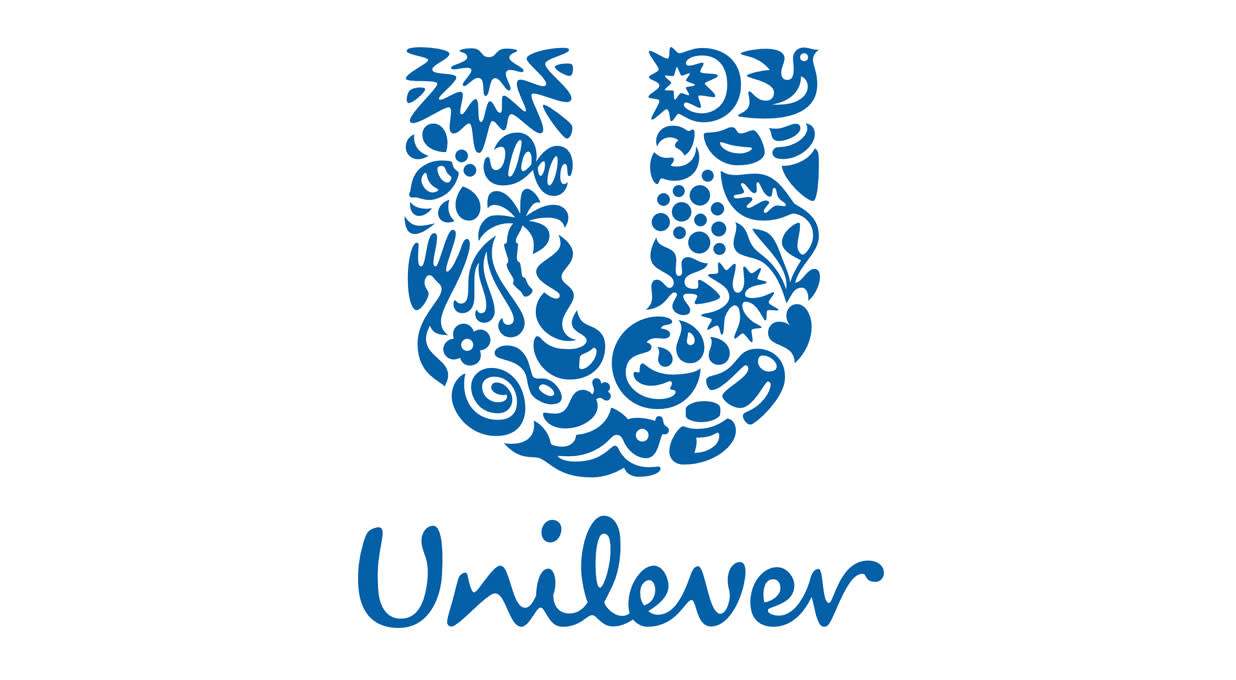Unilever plans to separate out its Ice Cream business by the end of 2025. A demerger looks likely, but management remains open to all possibilities. At the same time, it announced a new cost-saving programme that’s looking to save €800mn over three years from a range of initiatives.
Once both actions are complete, underlying sales growth is expected in the mid-single-digit range (current guidance 3-5%), and margins are also expected to improve.
The shares rose 5.4% in early trading.
Our view
Markets reacted positively to the news that Unilever plans to spin off its Ice Cream business and cut costs over the next few years. It’s been on a streamlining mission of late after lacklustre growth, and this big move shows real intent from a new management team to make changes.
This move makes sense to us. The Ice Cream business always looked like the odd one out compared to other product lines, and it’s been struggling for growth.
Looking at recent results. Volumes are growing again, led by Unilever's biggest brands like Dove and Hellmans. Price hikes have come tumbling back down to earth, from the mammoth double-digit levels seen in the first quarter. That's providing a welcome boost to margins, an area of focus for investors and management.
Protecting the quality of Unilever's brands is the number one priority, and that comes at a heavy cost. Brand and marketing investment now stands at 14.3% of revenue and increased spend is expected to continue. That's all part and parcel with the Group's strategy of locking in long-term customers with well-known, trusted, brands.
There are specific pockets where improvement's needed. The number of products winning market share is falling, now at 37% on a rolling 12-month basis and a specific area of concern for investors and management. Lower margin products are being removed and consumers are favouring price areas that Unilever doesn't want to operate in. The expectation is for trends to improve again and for that figure to push back toward 50% over the medium term. We're inclined to agree, but it's something worth keeping an eye on.
The 4.1% prospective forward dividend yield and ongoing buyback are currently supported by strong free cash flow and a robust balance sheet. Dependability is an attraction, and we don't see too much upsetting the apple cart here. But, as ever, potential returns can't be relied on.
All in, there are clear signs that the new management team are making progress and Unilever remains a quality business with attractive fundamentals. If it can deliver on planned cost cuts and spin-off Ice Cream without causing too much damage, then achieving mid-single-digit sales growth is on the cards. The valuation isn’t too demanding, but we still think it’ll take time before we see a material rerating.
Unilever key facts
All ratios are sourced from Refinitiv, based on previous day’s closing values. Please remember yields are variable and not a reliable indicator of future income. Keep in mind key figures shouldn’t be looked at on their own – it’s important to understand the big picture.
This article is not advice or a recommendation to buy, sell or hold any investment.No view is given on the present or future value or price of any investment, and investors should form their own view on any proposed investment.This article has not been prepared in accordance with legal requirements designed to promote the independence of investment research and is considered a marketing communication.Non - independent research is not subject to FCA rules prohibiting dealing ahead of research, however HL has put controls in place(including dealing restrictions, physical and information barriers) to manage potential conflicts of interest presented by such dealing.Please see our full non - independent research disclosure for more information.


